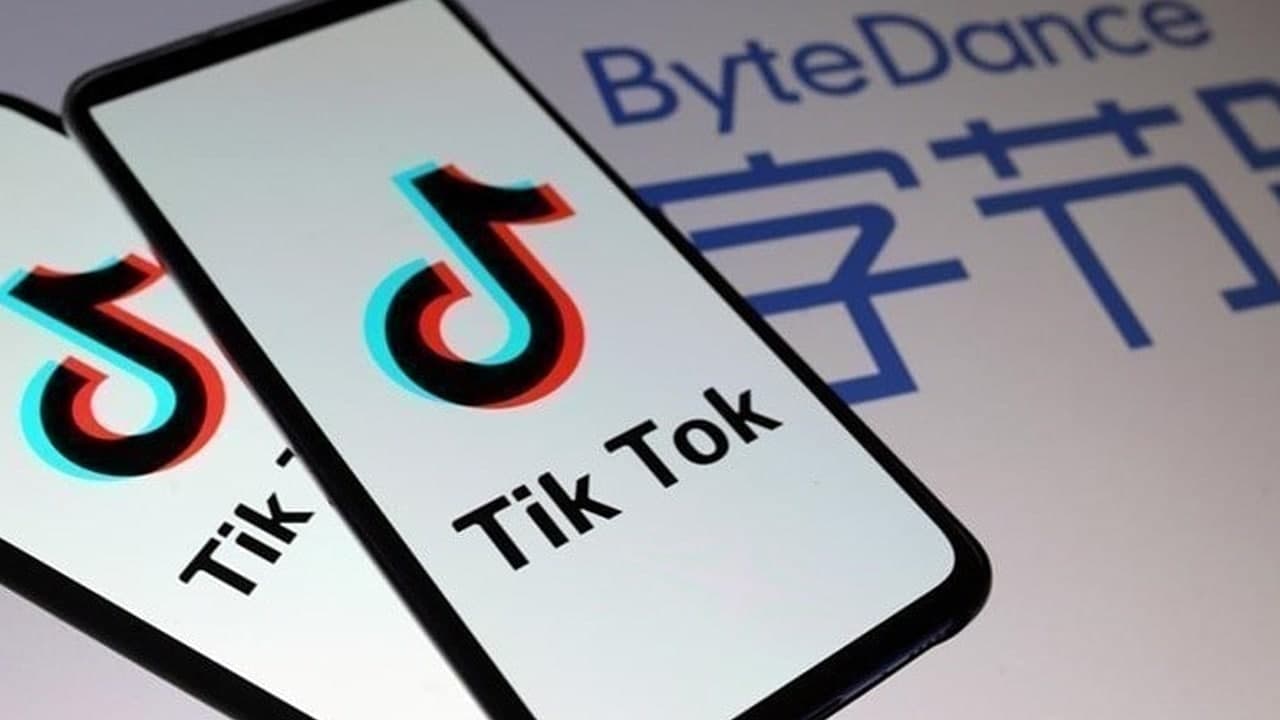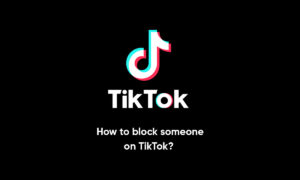After India announced a permanent ban on the short video app TikTok (TikTok overseas version), its parent company ByteDance has notified Indian employees that it is reducing the size of the Indian team and only keep the key post.
According to people familiar with the matter, ByteDance claims that it has no choice because the Indian government has not yet provided clear information on when the app will return to the country since TikTok was banned at the end of June last year.
A TikTok spokesperson said in the statement: “It is deeply regrettable that after supporting our more than 2,000 employees in India for more than half a year, we have no choice but to reduce the number of employees. We look forward to the opportunity to renew Launch TikTok and support hundreds of millions of users, artists, educators, and creators in India.”
TikTok CEO Vanessa Pappas and Global Business Vice President Blake Chandlee wrote in a memo to Indian employees: “We initially hoped that this situation was only temporary. And hope that we can solve this problem quickly. However, seven months later, we found that this is not the case. Many of you have been patiently waiting for the development of the situation for a long time, during which time you have been under tremendous pressure. Thank you for your continued treatment Trust and support.”
They continued: “As you can imagine, making such a big decision is not easy. In the past few months, our management team has been working tirelessly to avoid laying off anyone. We Reduced expenses while still paying benefits. However, when our application is still not working, we simply cannot continue to keep everyone responsible. We are well aware of the impact of this decision on Indian employees, but we are This is deeply regrettable.”

People familiar with the matter said that after the ban was enacted, Indian employees were told to focus on the development of other applications of Bytedance, such as the productivity suite Lark, which were not blocked in India.
In addition, ByteDance also stopped all marketing efforts in India to promote its other services in the country. Pappas and Chandley wrote in the memo: “Although we don’t know when we will be back online in India, we are confident in our resilience and hope to return here in the future.”







